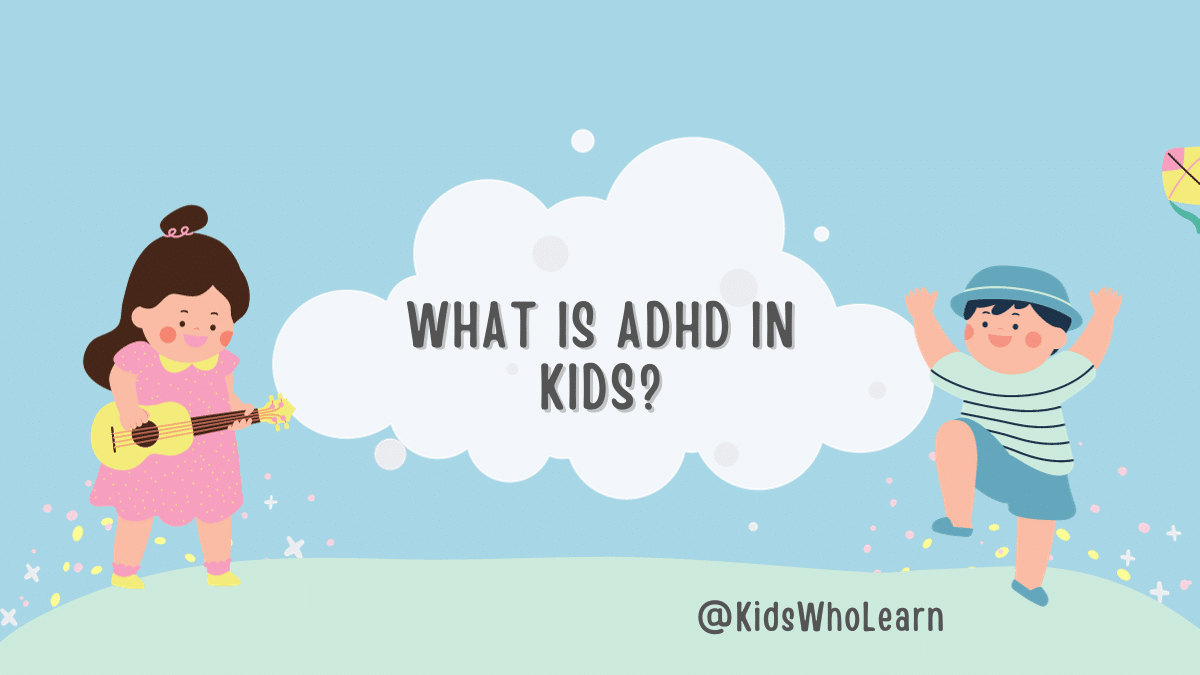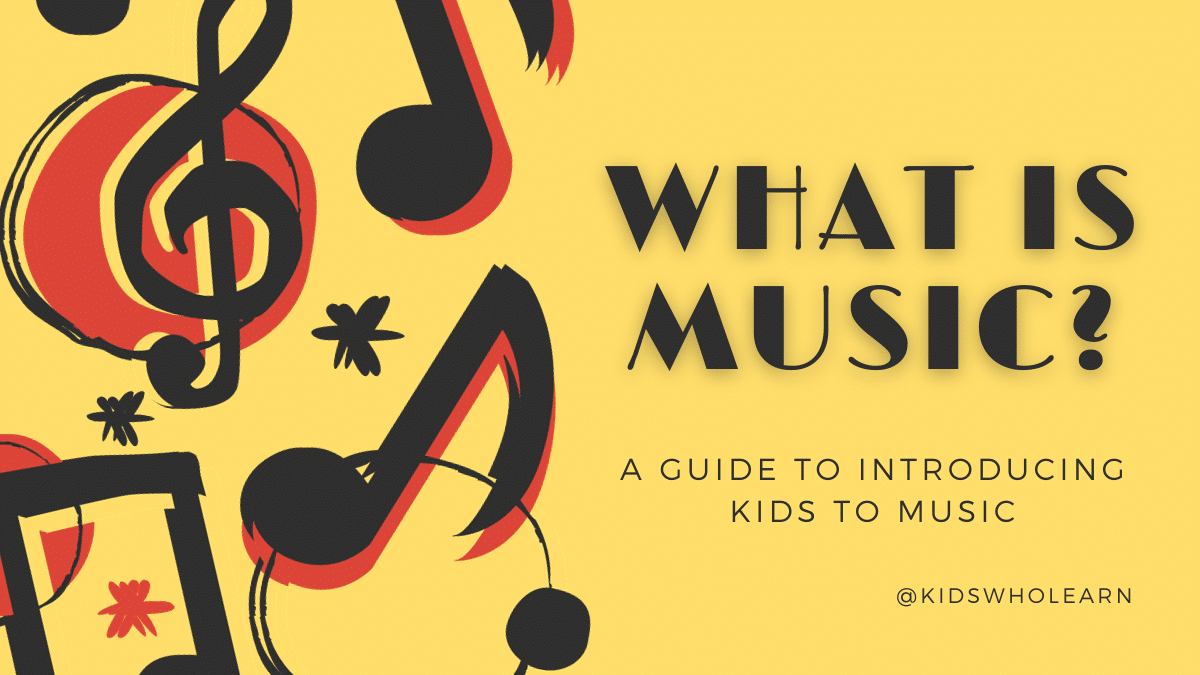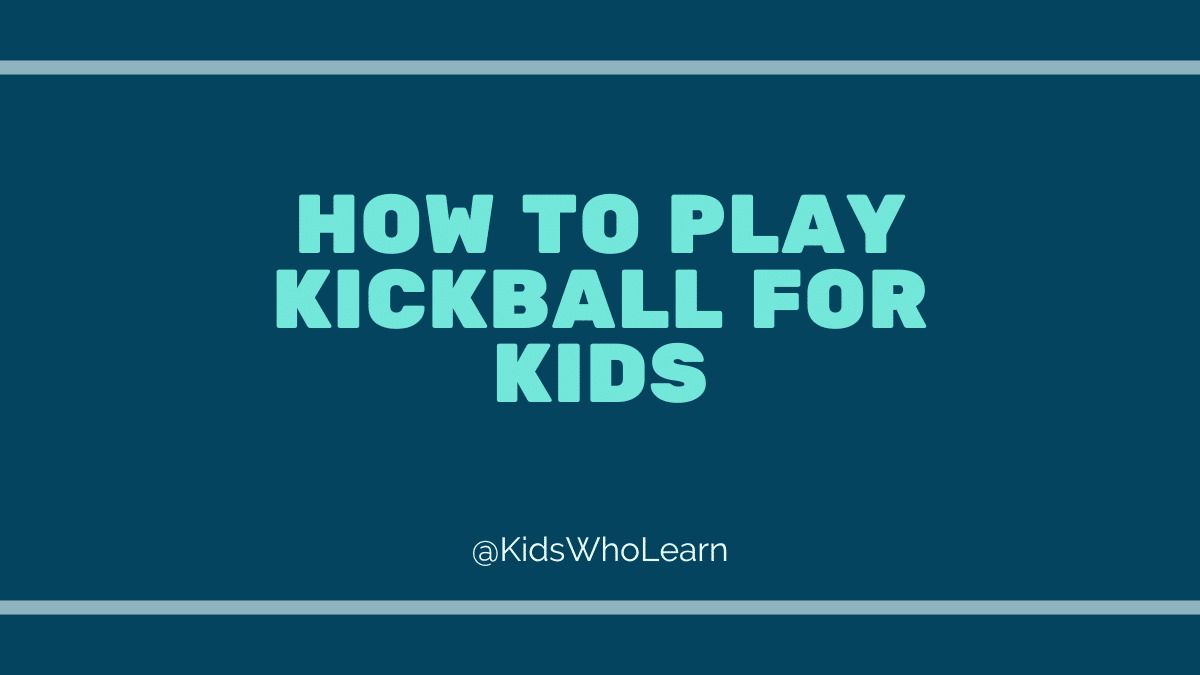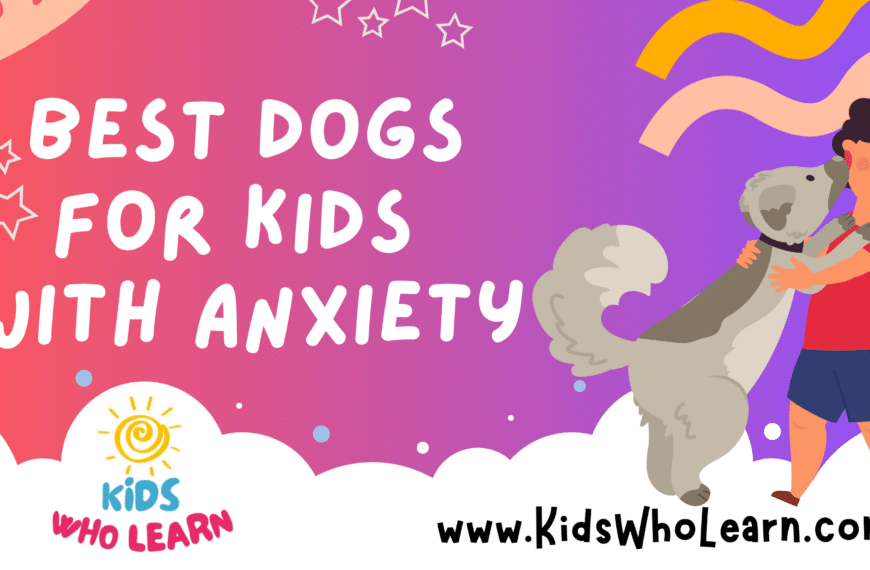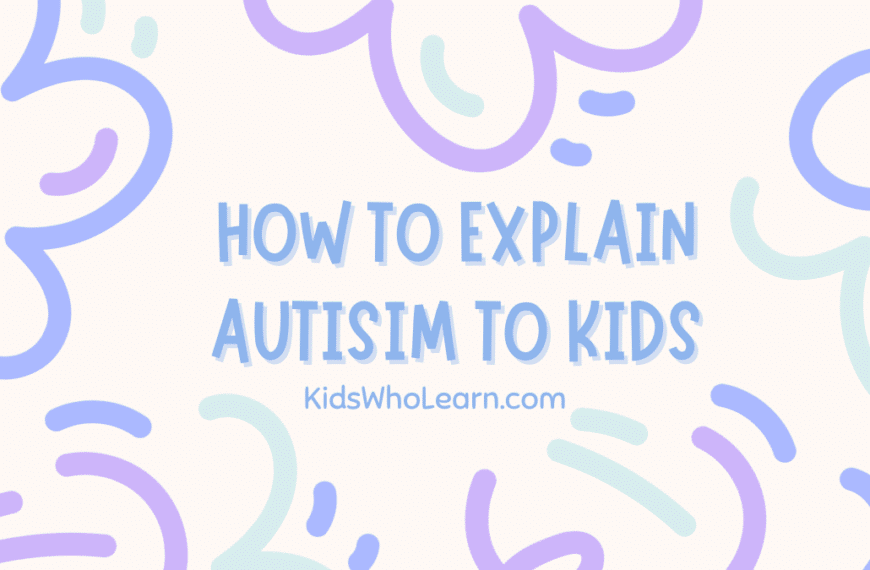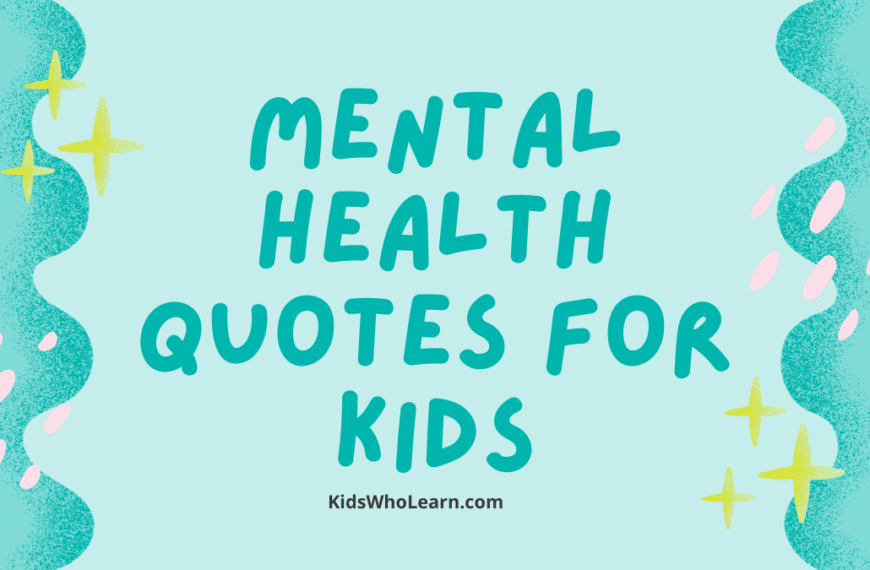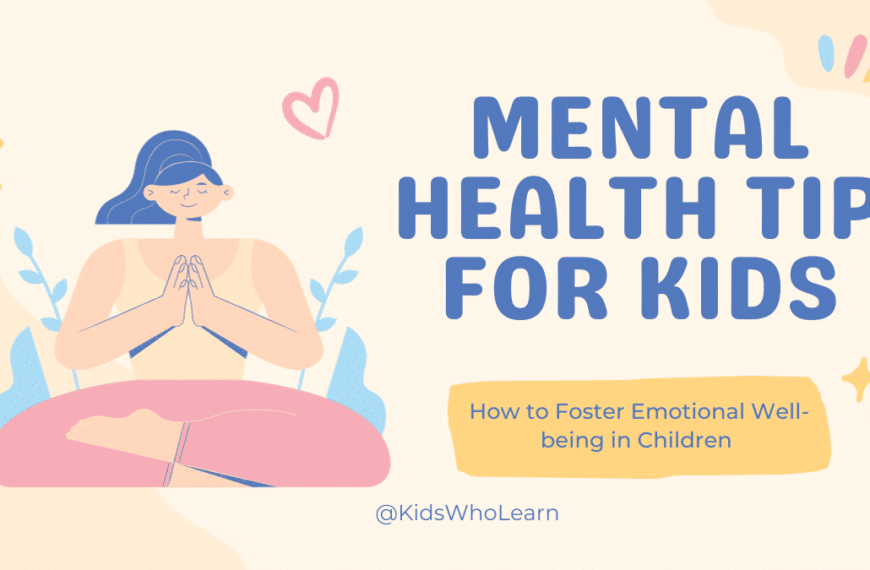If you’re a parent or caregiver of a child who’s been diagnosed with ADHD, you might be wondering what exactly it is. ADHD stands for Attention Deficit Hyperactivity Disorder, a condition that affects millions of children worldwide. Kids with ADHD have difficulty focusing, controlling their impulses, and sitting still, which can affect their academic and social lives.
Understanding ADHD is crucial in order to help your child thrive. While the exact causes of ADHD are still unknown, research suggests that genetics, brain structure, and environmental factors may all play a role. It’s important to note that ADHD is not caused by bad parenting, lack of discipline, or too much screen time.
If you suspect that your child may have ADHD, it’s important to seek a professional diagnosis. A healthcare provider can evaluate your child’s symptoms and determine if they meet the criteria for ADHD. Early diagnosis and treatment can improve your child’s outcomes and quality of life.
Key Takeaways
- ADHD stands for Attention Deficit Hyperactivity Disorder and affects millions of children worldwide.
- The causes of ADHD are not fully understood, but genetics, brain structure, and environmental factors may all play a role.
- A professional diagnosis is crucial for effective treatment and improved outcomes.
Understanding ADHD
Definition of ADHD
ADHD stands for Attention Deficit Hyperactivity Disorder. It is a neurodevelopmental disorder that affects children and can persist into adulthood. It is characterized by symptoms such as inattention, hyperactivity, and impulsivity.
There are three types of ADHD: predominantly inattentive, predominantly hyperactive-impulsive, and combined. Children with predominantly inattentive ADHD have difficulty paying attention and following instructions, while those with predominantly hyperactive-impulsive ADHD have trouble sitting still and waiting their turn. Children with combined ADHD exhibit symptoms of both types.
Symptoms of ADHD in Kids
The symptoms of ADHD in kids can vary depending on the type of ADHD they have. Some common symptoms of ADHD in kids include:
- Difficulty paying attention or focusing on tasks
- Forgetfulness and disorganization
- Impulsivity and acting without thinking
- Restlessness and fidgeting
- Talking excessively or interrupting others
- Difficulty waiting their turn or taking turns
- Difficulty following instructions or completing tasks
It is important to note that not all children with ADHD exhibit the same symptoms, and some may exhibit symptoms that are not listed here. If you suspect that your child may have ADHD, it is important to speak with a healthcare professional for a proper diagnosis and treatment plan.
Causes of ADHD in Kids
ADHD is a neurodevelopmental disorder that affects children and can continue into adulthood. Although the exact causes of ADHD are not known, several factors may contribute to the development of this condition.
Genetics
Research has shown that ADHD tends to run in families. If a parent or sibling has ADHD, a child is more likely to develop the condition. Studies have also identified several genes that may be associated with ADHD.
Brain Structure and Function
Research has shown that certain areas of the brain may be smaller or less active in people with ADHD. These areas are responsible for attention, impulse control, and executive function.
Environmental Factors
Exposure to toxins such as lead or pesticides during pregnancy or early childhood may increase the risk of developing ADHD. Other environmental factors that may contribute to ADHD include premature birth, low birth weight, and maternal smoking during pregnancy.
Other Factors
Other factors that may contribute to the development of ADHD include:
- Brain injuries or trauma
- Chronic stress
- Poor nutrition
- Lack of sleep
It is important to note that ADHD is a complex condition, and there is no single cause. Rather, it is likely that a combination of genetic, environmental, and other factors contribute to the development of this condition.
Diagnosis of ADHD in Kids
If you suspect that your child may have ADHD, it’s important to have them evaluated by a healthcare professional. The evaluation process typically involves gathering information from multiple sources, including parents, teachers, and other caregivers.
Evaluation Process
During the evaluation process, your child’s healthcare provider will ask you questions about your child’s behavior and symptoms. They may also ask your child’s teacher to complete a questionnaire about your child’s behavior in the classroom. Additionally, your child may undergo a physical exam and other tests to rule out any other medical conditions that could be causing their symptoms.
Diagnostic Criteria
To be diagnosed with ADHD, your child must meet certain diagnostic criteria outlined in the Diagnostic and Statistical Manual of Mental Disorders (DSM-5). These criteria include symptoms of inattention, hyperactivity, and impulsivity that are present in multiple settings and have been present for at least six months.
Your child’s healthcare provider will use the information gathered during the evaluation process to determine whether your child meets the diagnostic criteria for ADHD. If your child is diagnosed with ADHD, their healthcare provider will work with you to develop a treatment plan that may include medication, behavioral therapy, or a combination of both.
Remember, getting an accurate diagnosis is the first step in helping your child manage their symptoms and succeed in school and other areas of life.
Treatment Options for ADHD in Kids
If your child has been diagnosed with ADHD, there are several treatment options available to help them manage their symptoms. Treatment typically involves a combination of behavioral therapy and medication.
Behavioral Therapy
Behavioral therapy, also known as behavior modification, is a type of therapy that focuses on changing specific behaviors. This type of therapy can be very effective for children with ADHD, as it helps them learn new behaviors and improve their social skills.
One type of behavioral therapy that is commonly used for children with ADHD is called parent training. This type of therapy involves teaching parents how to manage their child’s behavior and provide positive reinforcement for good behavior. Another type of behavioral therapy is called social skills training, which helps children with ADHD improve their social skills and interactions with others.
Medication
Medication can be very effective in treating the symptoms of ADHD. There are several different types of medication that are commonly used to treat ADHD, including stimulants and non-stimulants.
Stimulant medications, such as Ritalin and Adderall, are the most commonly prescribed medications for ADHD. These medications work by increasing the levels of dopamine and norepinephrine in the brain, which can help improve focus and attention.
Non-stimulant medications, such as Strattera, are also used to treat ADHD. These medications work by increasing the levels of norepinephrine in the brain, which can help improve focus and attention.
It’s important to note that medication is not a cure for ADHD, and it may not work for every child. It’s important to work closely with your child’s doctor to find the right medication and dosage for your child.
In addition to medication and behavioral therapy, there are several other things you can do to help your child manage their ADHD symptoms. These include creating a structured routine, providing positive reinforcement for good behavior, and encouraging physical activity and exercise.
Supporting Kids with ADHD
If your child has ADHD, it’s important to provide support to help them manage their symptoms and succeed in daily life. There are several strategies you can use at home and school to support your child.
Home Strategies
At home, you can use the following strategies to support your child:
- Establish routines: Create a daily routine that includes consistent times for waking up, eating meals, doing homework, and going to bed. This can help your child feel more organized and less overwhelmed.
- Provide structure: Use visual aids such as calendars, checklists, and schedules to help your child stay on track and remember important tasks.
- Encourage physical activity: Regular exercise can help improve focus and reduce hyperactivity in children with ADHD. Encourage your child to participate in physical activities they enjoy, such as sports or dance.
- Limit screen time: Excessive screen time can worsen ADHD symptoms. Set limits on your child’s screen time and encourage other activities such as reading, playing outside, or doing puzzles.
School Strategies
At school, you can work with your child’s teacher to implement the following strategies:
- Provide a quiet workspace: Children with ADHD can be easily distracted by noise and other stimuli. Ask the teacher to provide a quiet workspace for your child to complete assignments.
- Use a planner: Help your child keep track of assignments and due dates by using a planner or organizer.
- Break tasks into smaller steps: Large tasks can be overwhelming for children with ADHD. Break tasks into smaller steps and provide frequent breaks to help your child stay focused.
- Provide positive feedback: Children with ADHD often struggle with self-esteem. Provide positive feedback and praise for their efforts and accomplishments.
By using these strategies at home and school, you can help your child manage their ADHD symptoms and succeed in daily life.
Living with ADHD
Living with ADHD can be challenging for both the child and the family. However, with patience, understanding, and the right treatment, it is possible to manage the symptoms and improve the quality of life for everyone involved.
Impact on Daily Life
ADHD can have a significant impact on a child’s daily life. Children with ADHD may struggle with tasks that require sustained attention, such as homework or chores. They may also have difficulty with organization and time management, making it hard to complete tasks efficiently.
In addition, children with ADHD may have trouble with social interactions. They may interrupt others, struggle to take turns, or have difficulty reading social cues. This can make it hard to make and keep friends.
Long-Term Outlook
While ADHD can be challenging to live with, it is important to remember that it is a manageable condition. With the right treatment and support, children with ADHD can thrive and succeed in school and beyond.
It is important to work closely with your child’s healthcare provider to develop an individualized treatment plan. This may include medication, therapy, or a combination of both. In addition, there are many strategies that can help children with ADHD manage their symptoms, such as:
- Creating a structured routine
- Breaking tasks into smaller, more manageable steps
- Using visual aids, such as checklists or calendars
- Providing frequent positive reinforcement and praise
With the right treatment and support, children with ADHD can learn to manage their symptoms and achieve their full potential.
Frequently Asked Questions
What are the signs of ADHD in a child?
Children with ADHD may have difficulty paying attention, following instructions, and completing tasks. They may also be easily distracted, forgetful, and disorganized. Hyperactivity, impulsivity, and fidgeting are also common signs of ADHD in children.
What are 3 symptoms of ADHD in children?
Three common symptoms of ADHD in children are inattention, hyperactivity, and impulsivity. Children with ADHD may have trouble focusing on tasks, sitting still, and waiting their turn. They may also act impulsively without thinking about the consequences.
Can a child with ADHD live a normal life?
Yes, with proper treatment and support, children with ADHD can live normal, healthy lives. Treatment may include medication, therapy, and lifestyle changes. It is important for parents, teachers, and healthcare providers to work together to create a supportive environment for the child.
What are kids with ADHD good at?
Children with ADHD may have strengths in creativity, problem-solving, and thinking outside the box. They may also be energetic, enthusiastic, and have a unique perspective on the world. With the right support, children with ADHD can use their strengths to succeed in school and in life.
What are some hyperactive child symptoms?
Hyperactive child symptoms may include fidgeting, squirming, talking excessively, and interrupting others. Children with hyperactivity may have trouble sitting still, staying focused, and following instructions. They may also be impulsive and act without thinking.
What is the best ADHD treatment for kids?
The best ADHD treatment for kids depends on the individual child and their specific needs. Treatment may include medication, therapy, and lifestyle changes. It is important for parents, teachers, and healthcare providers to work together to create a personalized treatment plan for the child.

